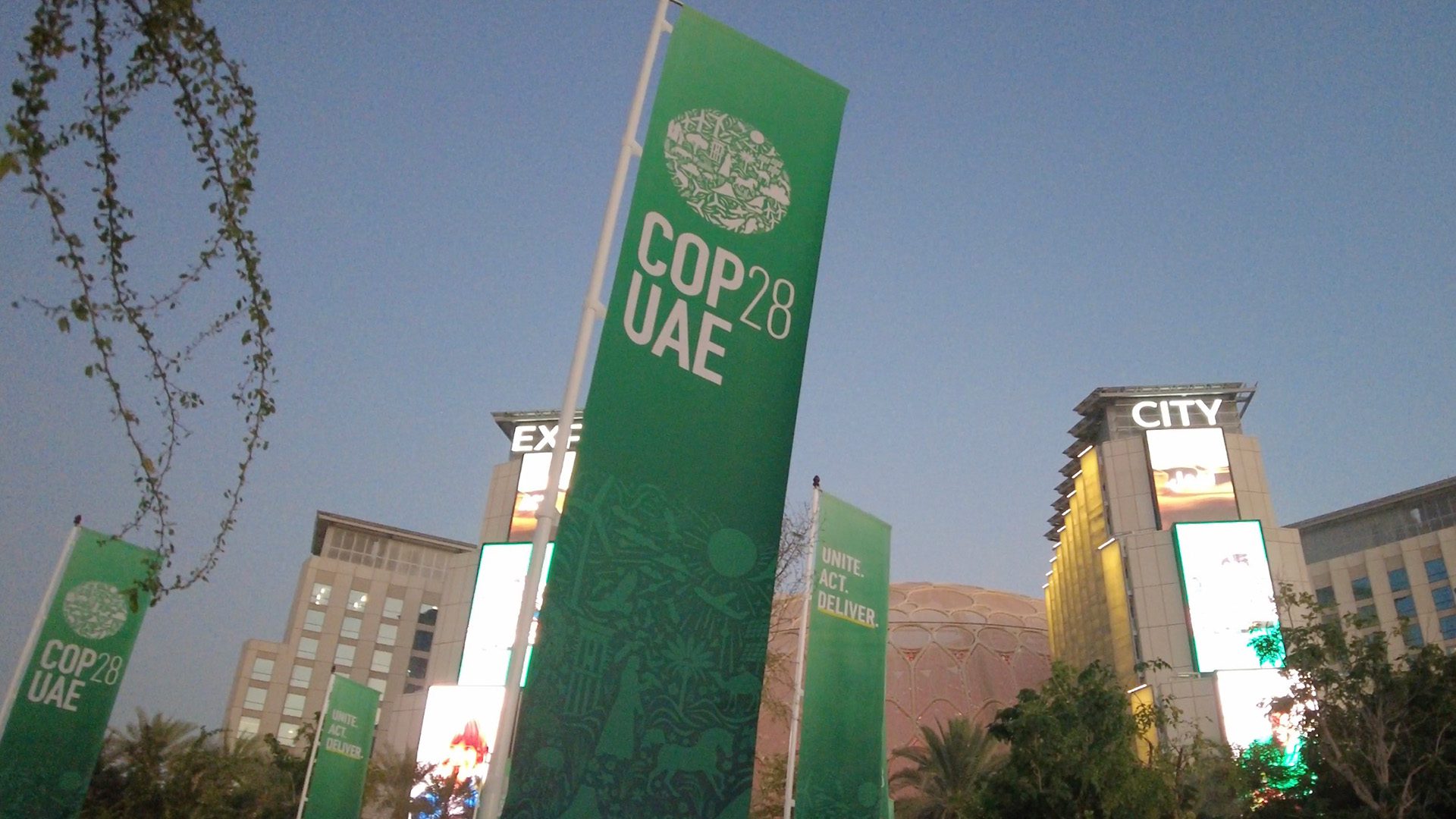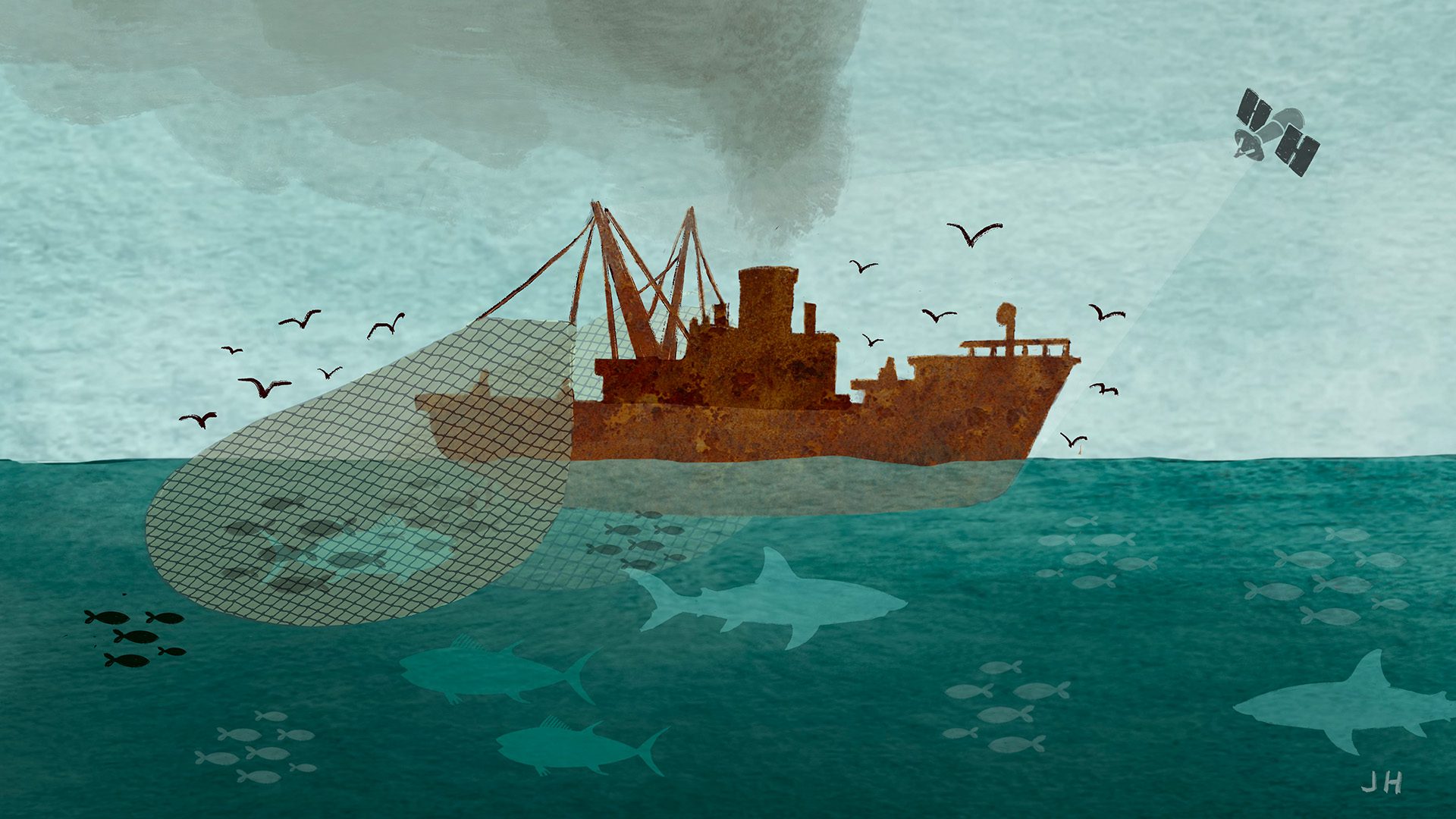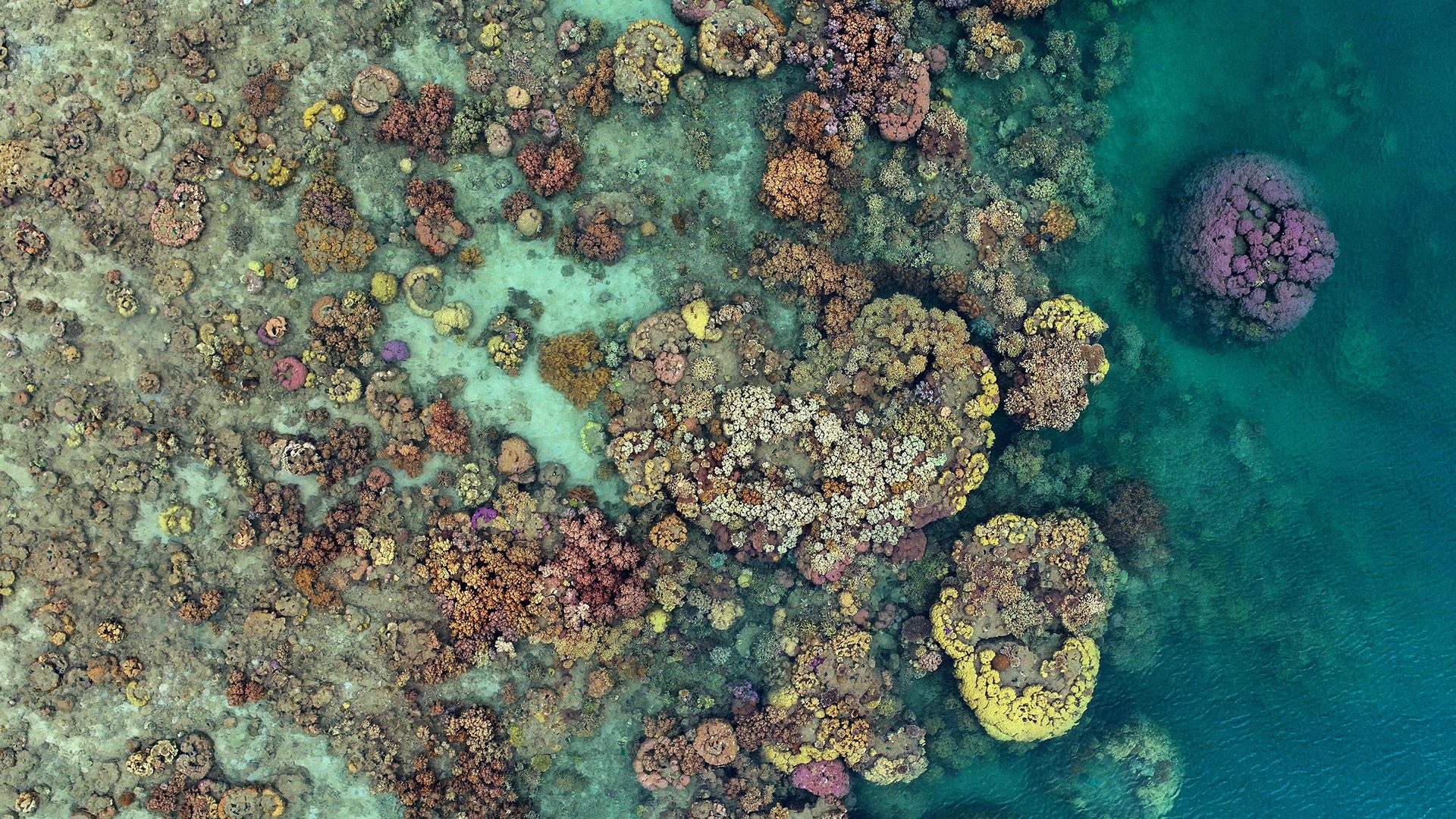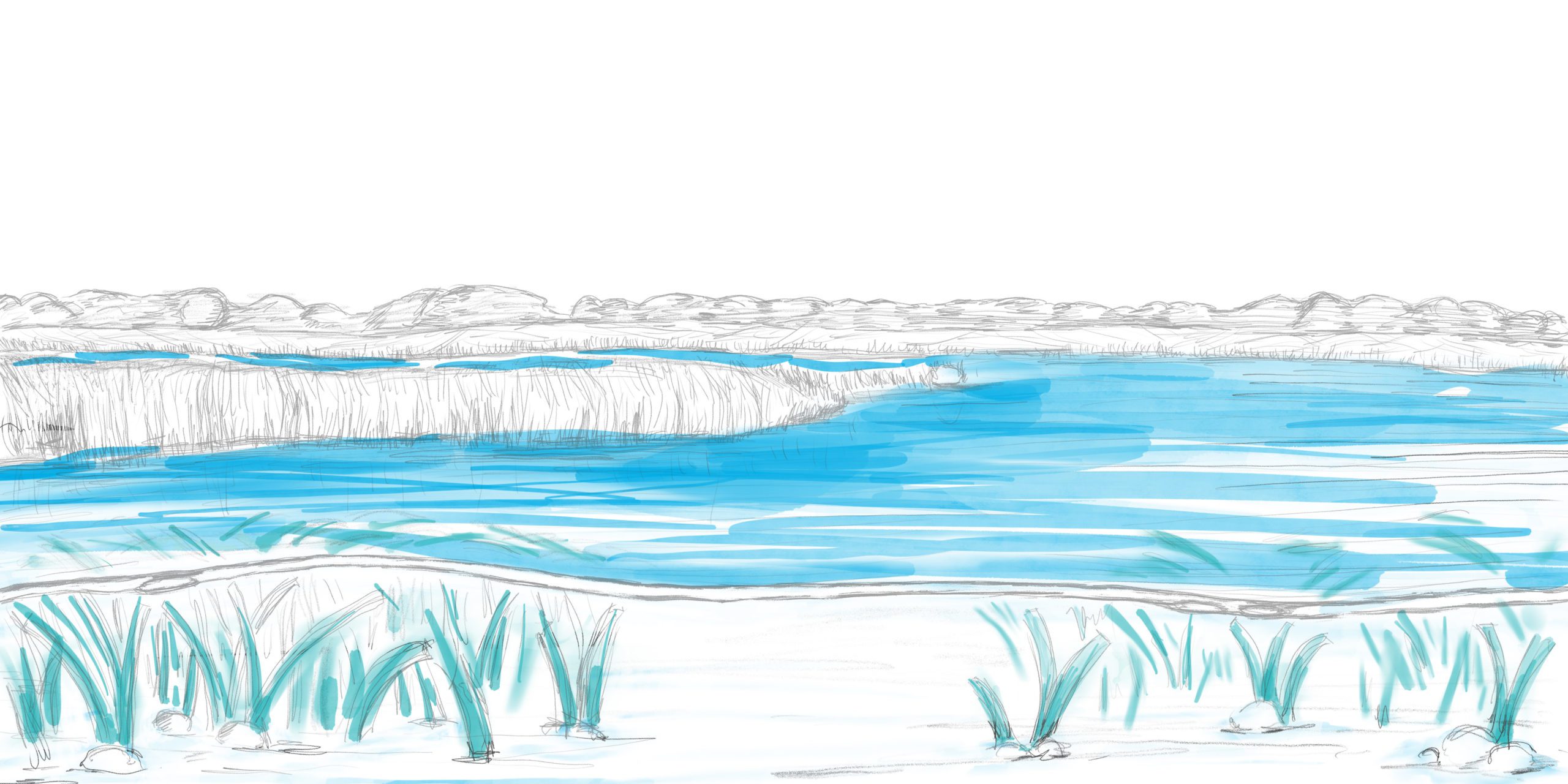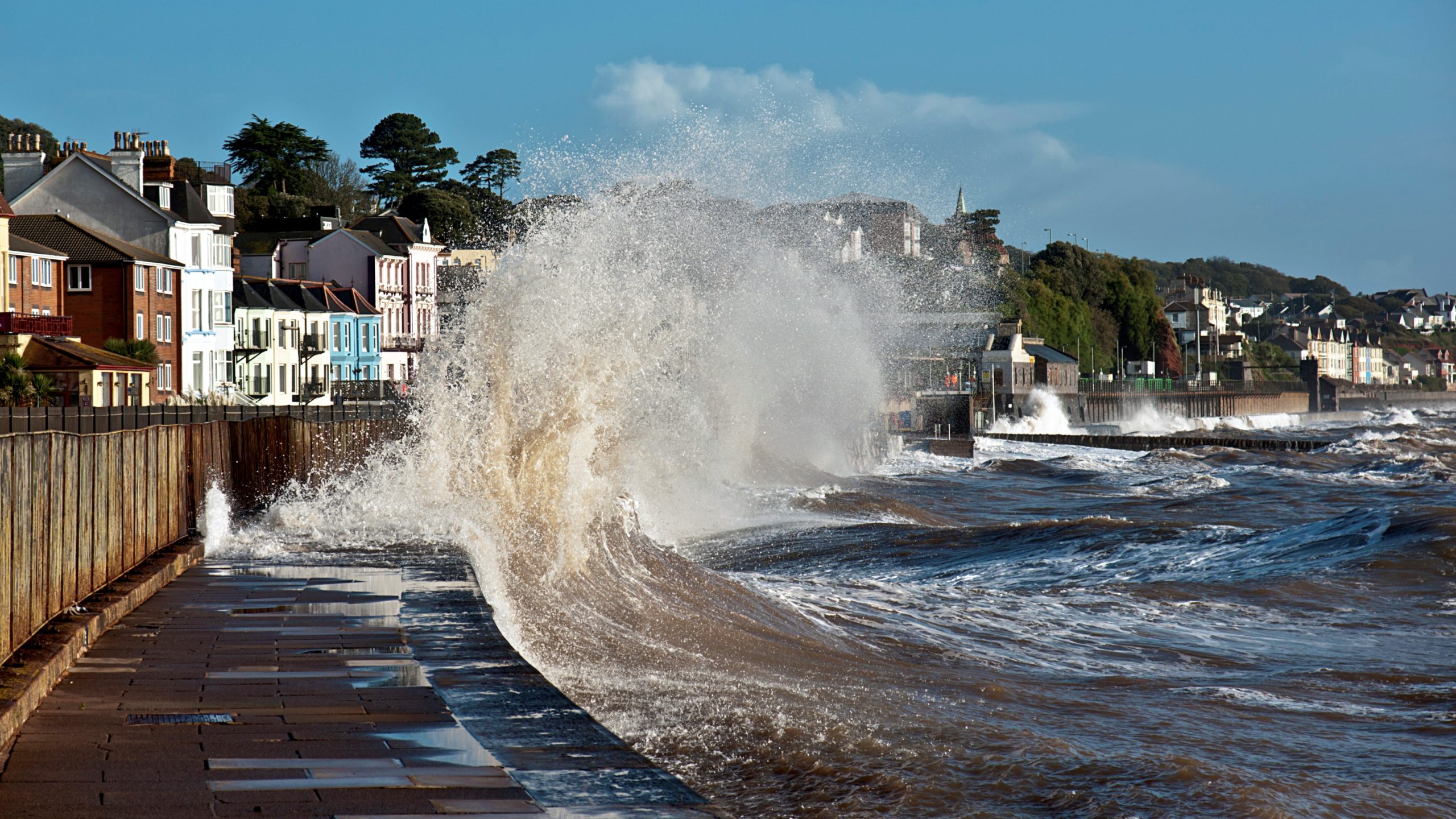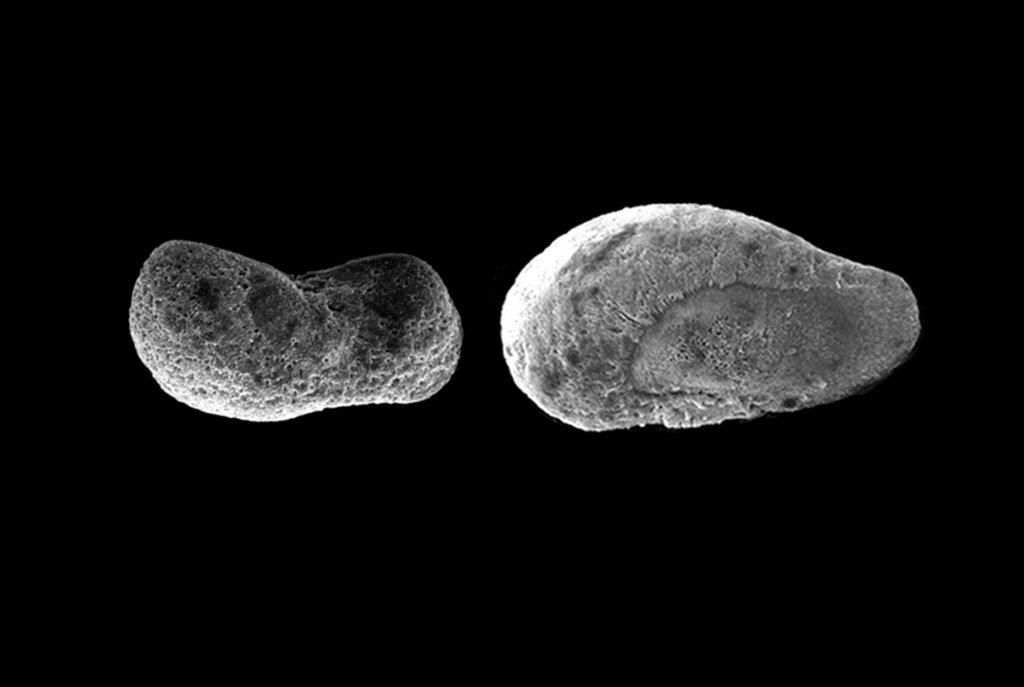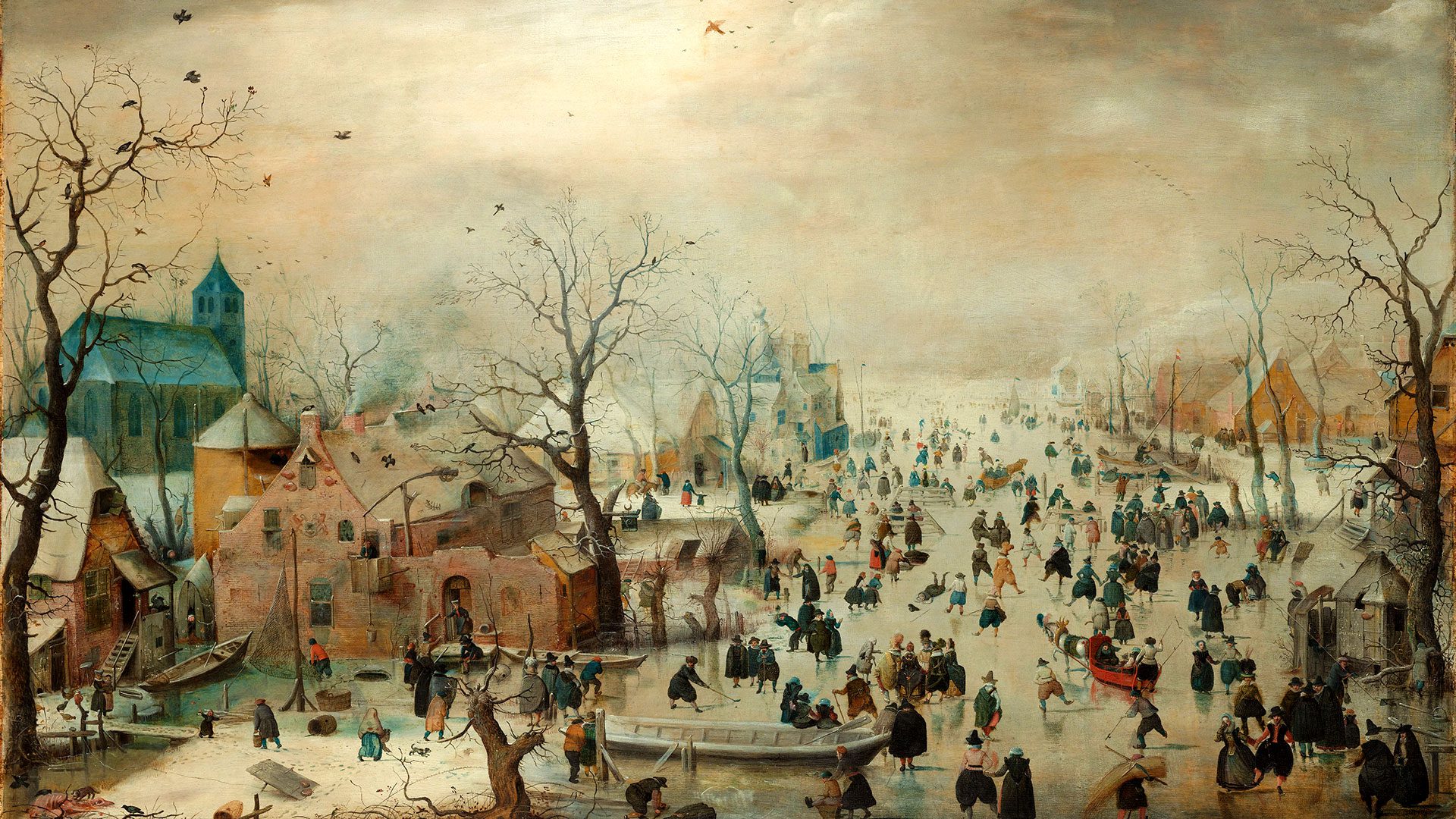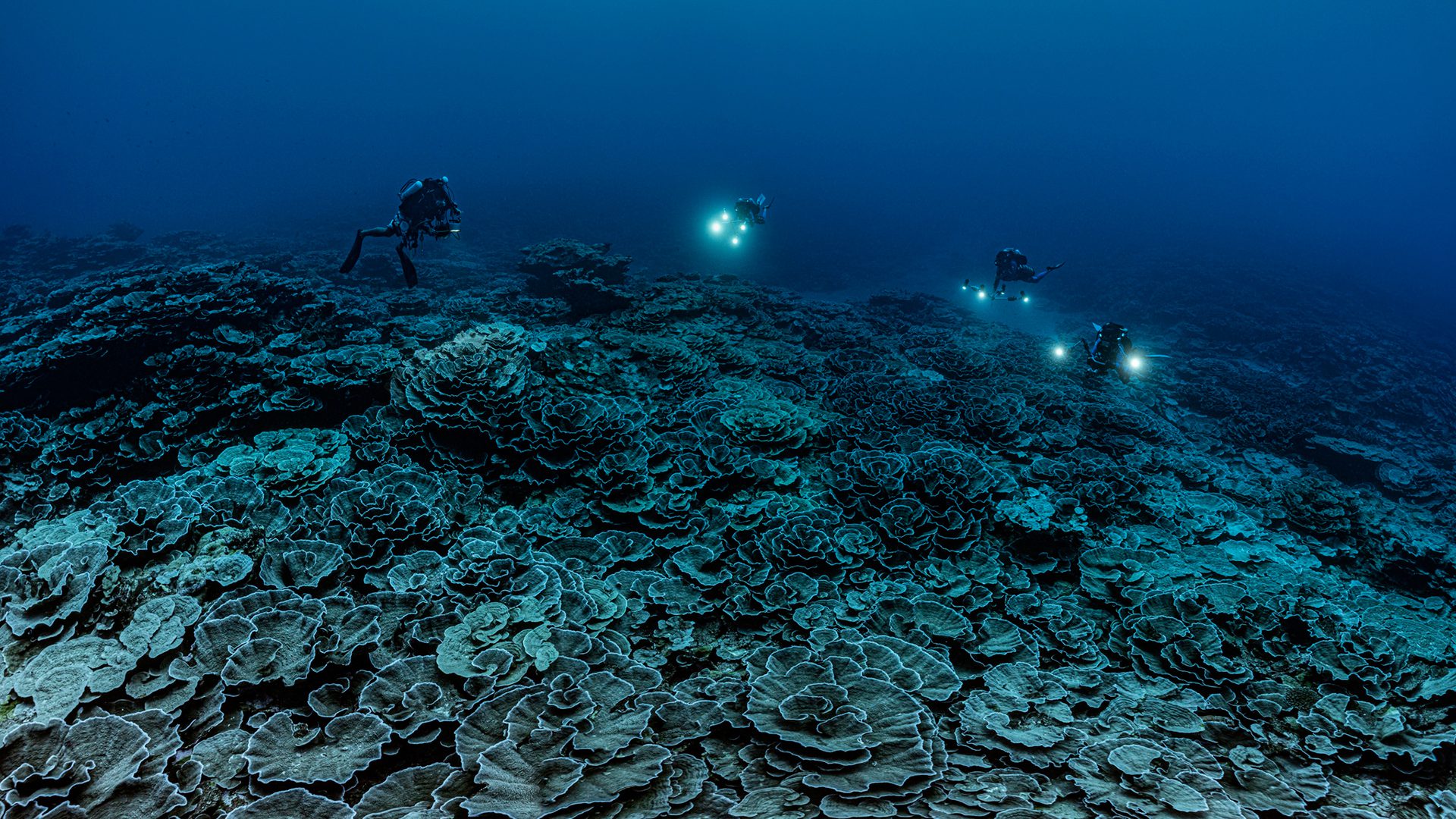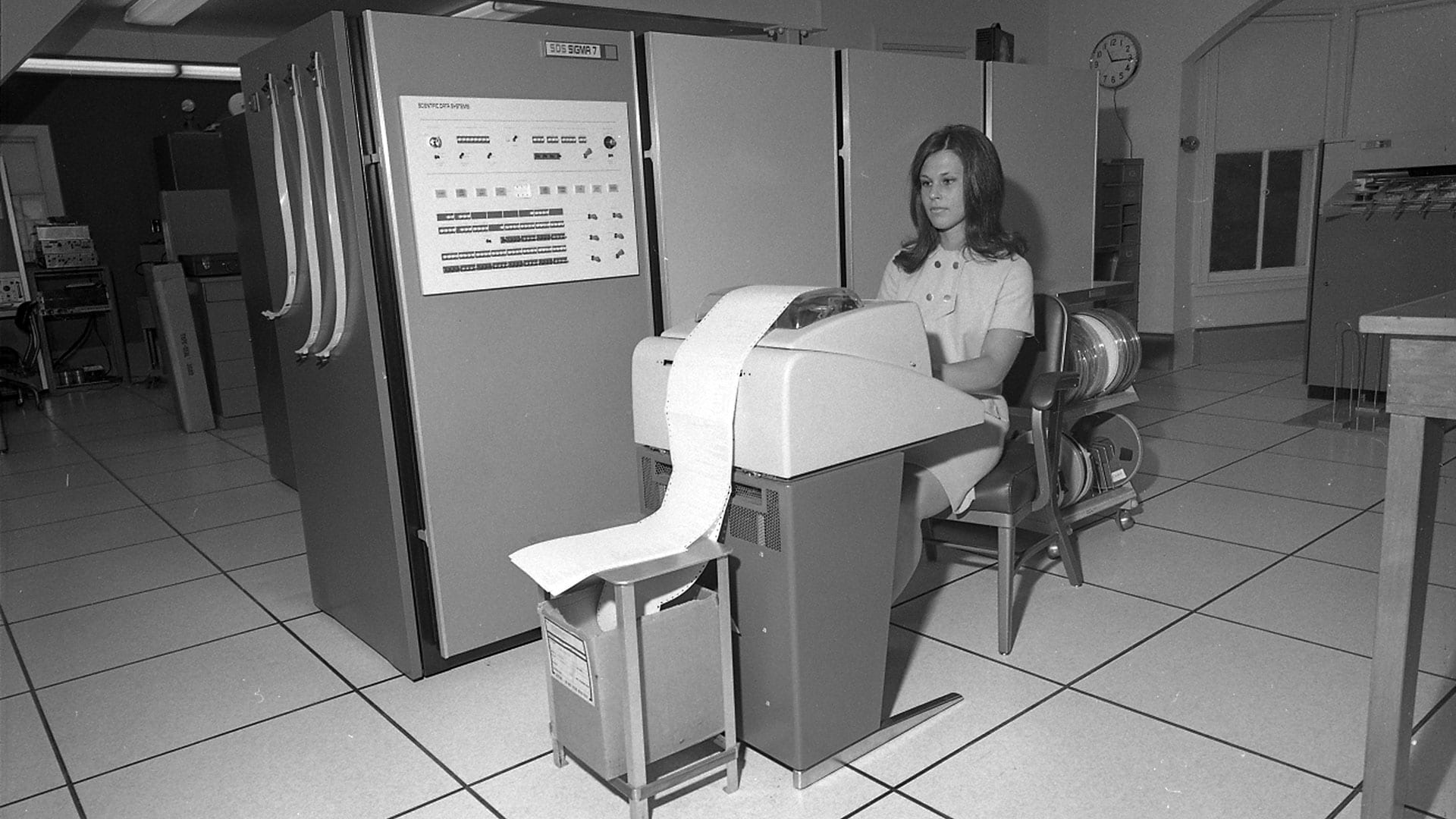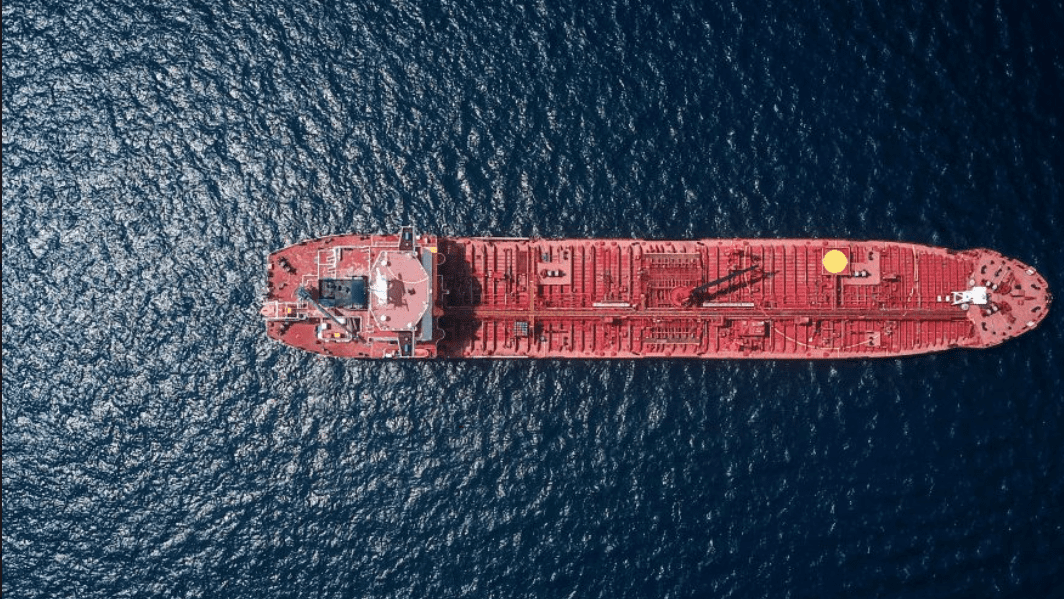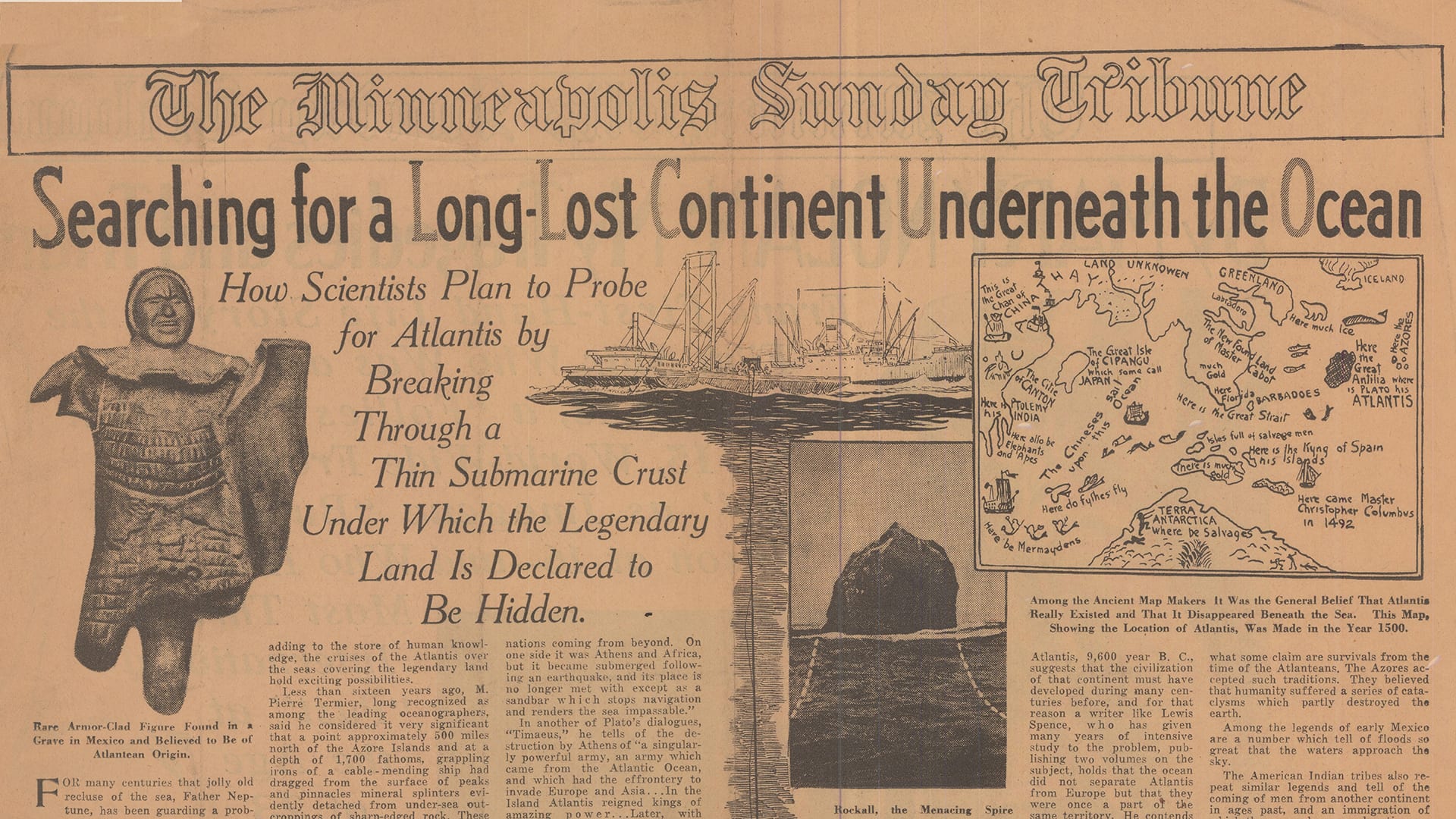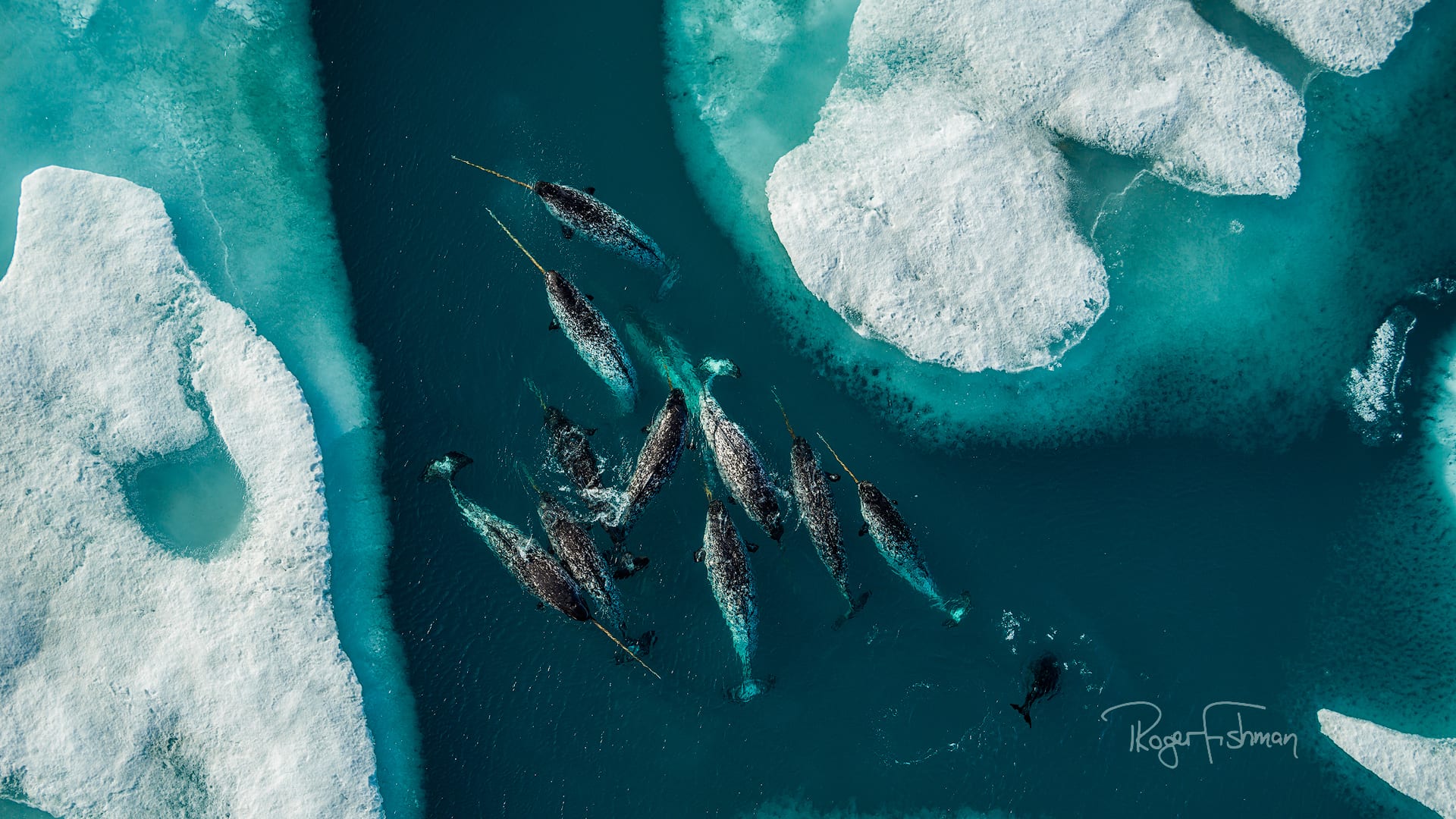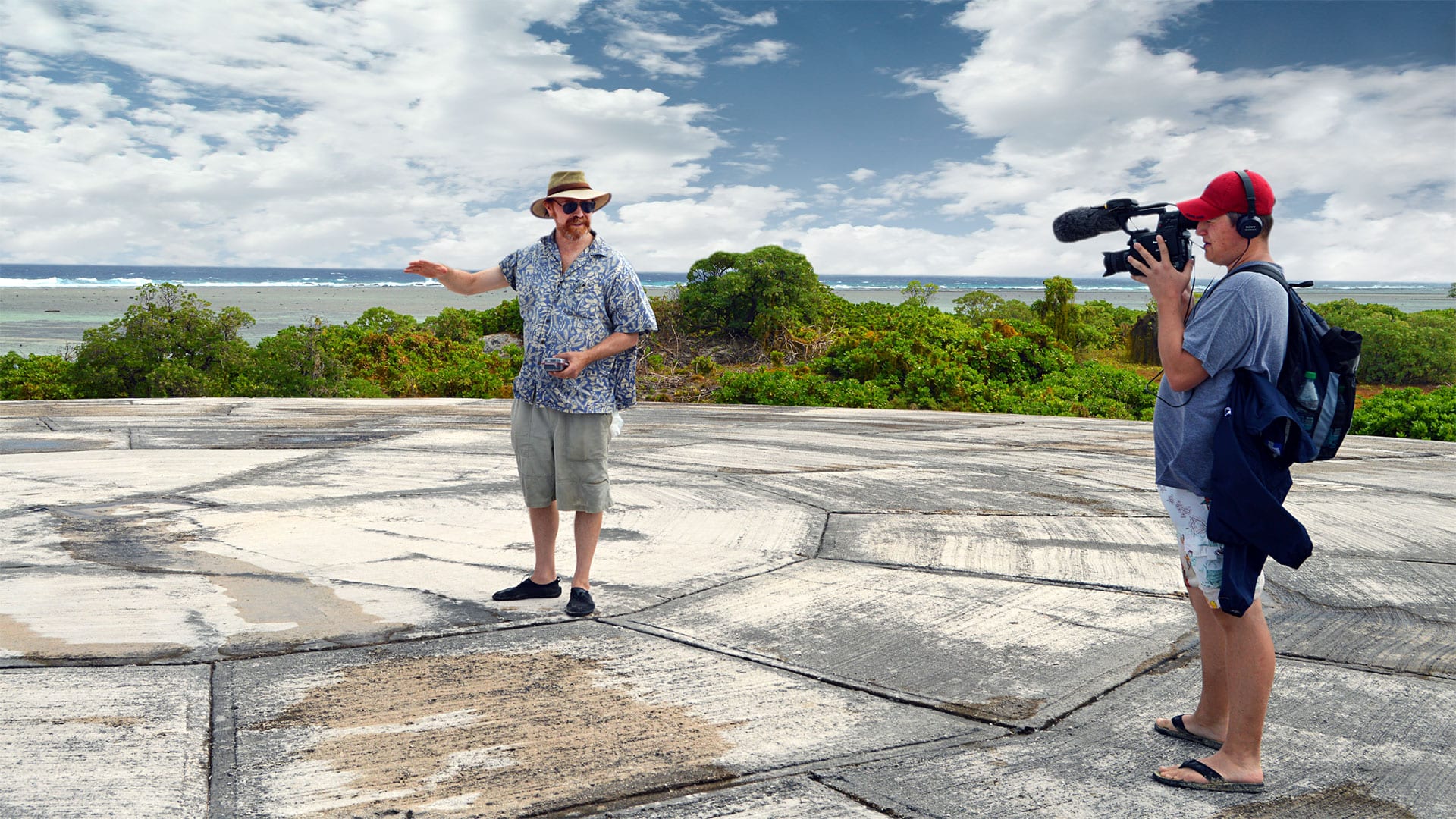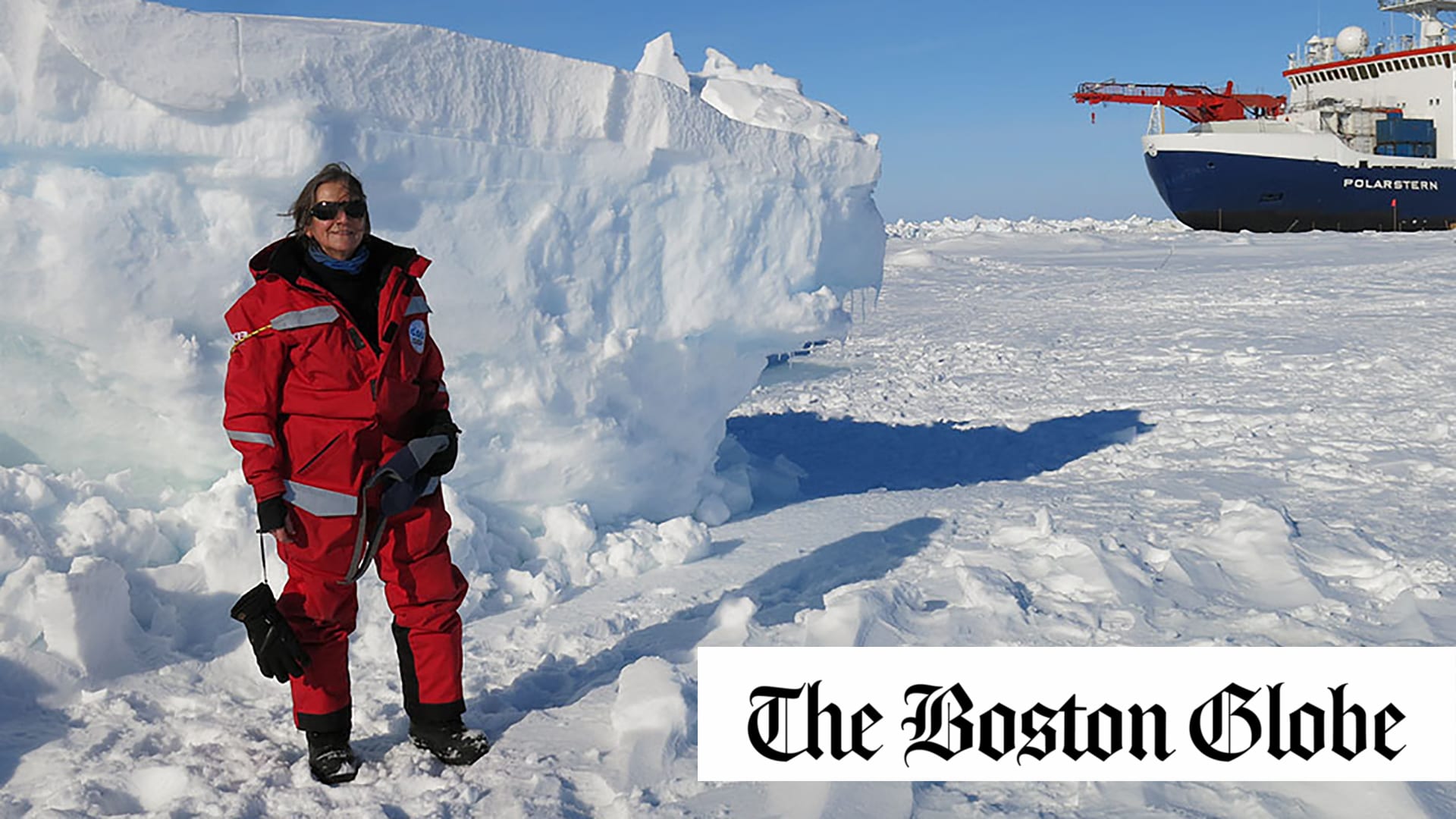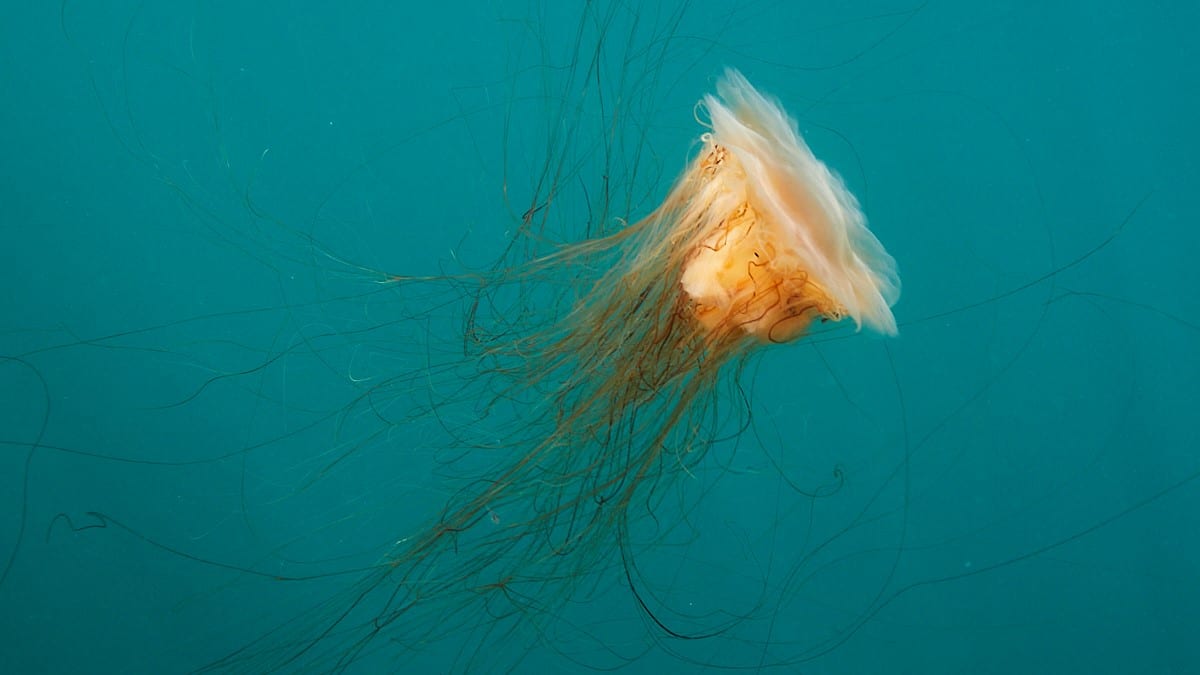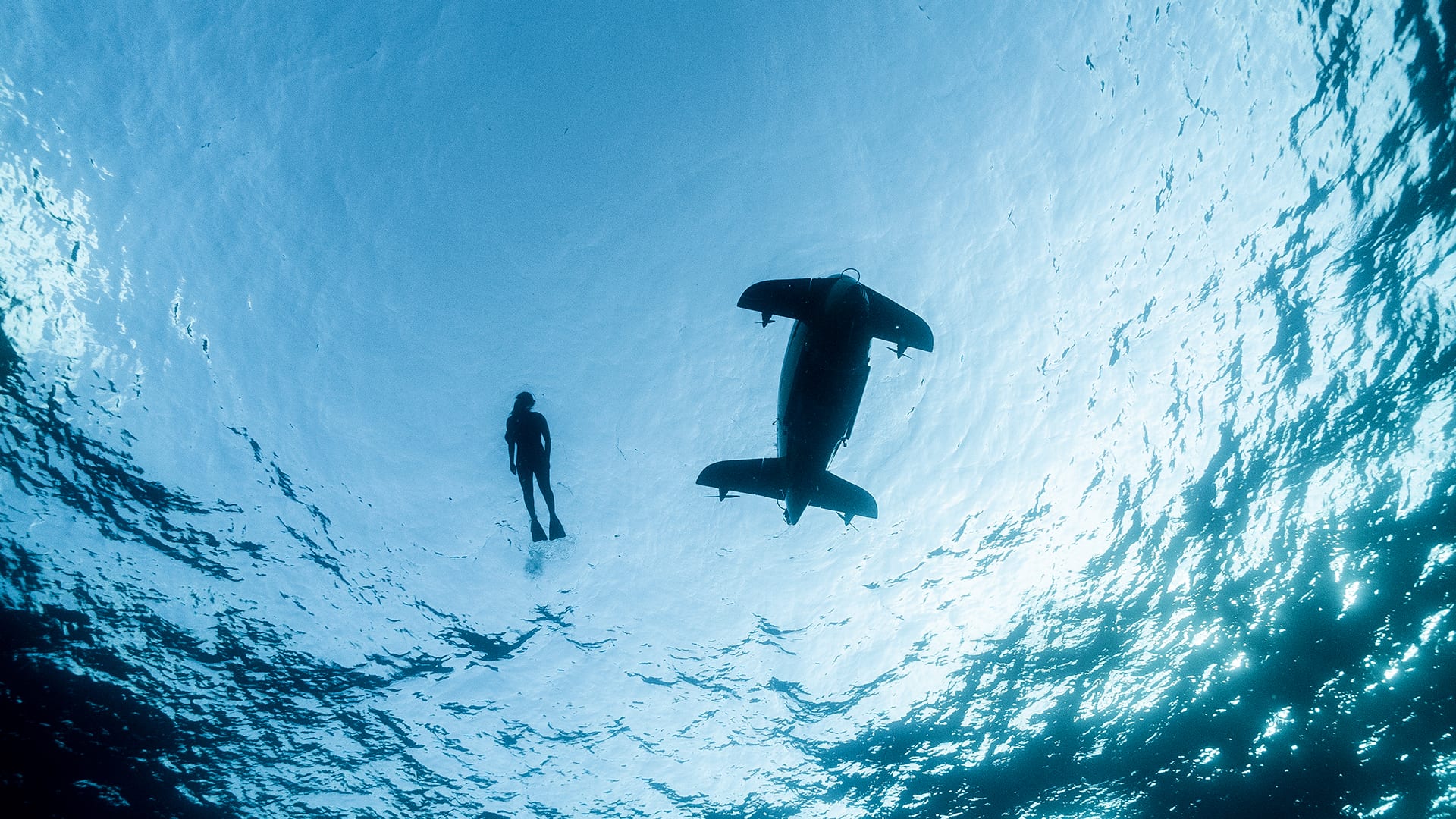WHOI Perspectives
Four Key Takeaways From COP28
The ocean had a moment at COP28 in Dubai last year—and 2024 holds even more opportunity
Read MoreThe climate won’t wait
MIT-WHOI Joint Program student Emma Bullock talks Arctic research in an age of climate change and international disputes
Read MoreIt’s always freezing in the Arctic. Or is it?
WHOI experts dig into a popular misconception that the Arctic is always frigid.
Read MoreAs illegal fishing rages on, is there any hope on the horizon?
WHOI economist Yaqin Liu weighs in on the scourge of illegal fishing and what can be done to catch offenders
Read MoreDancing with Data
Diving into the ocean-themed movements of the Boston Ballet’s “La Mer”
Read MoreIs the Great Barrier Reef making a comeback?
The world’s largest reef saw record growth after years of bleaching, but it’s not out of the woods yet
Read MoreThe teetering balance of coastal CO2
WHOI scientists Matt Long and Aleck Wang explain the incredibly important role of coastal seagrasses and rivers in the global carbon cycle
Read MoreIs sea-level rise exaggerated?
Physical oceanographer and sea-level rise expert Chris Piecuch says sea level is rising — and faster every year
Read MoreOcean acidification is no big deal, right?
WHOI’s Jennie Rheuban discusses the very real phenomenon of an increasingly acidic ocean and the toll it’s taking on marine life.
Read MoreAre we heading toward another Little Ice Age?
WHOI climate scientists sound off on the likelihood of ‘global cooling’
Read MoreA bed of roses in the ocean
Flower-shaped corals blossoming off the island of Tahiti offer hope for reefs
Read MoreFrom the sound: A future powered by the sea
These two WHOI scientists discuss the promise of offshore wind and wave as renewable energy, and why WHOI is uniquely poised to make these safe and efficient forms of power
Read MoreThe spread of plastics and oil in Sri Lanka from the wreck of M/V X-Press Pearl
On May 20, 2021, the cargo ship M/V X-Press Pearl caught fire off the coast of Sri Lanka. The container ship was carrying 78 metric tons of a material known as plastic nurdles. What happens now?
Read MoreData with a side of sass
The name “data dollies” was a tongue-in-cheek way of calling attention to the essential yet unglamorous work these mostly young, college-educated women performed while not at sea.
Read MoreWHOI scientist shares her perspective on ‘imminent’ oil spill in the Red Sea
As a major oil spill looms in the Red Sea, a WHOI physical oceanographer shares her insights on where the oil might go.
Read MoreHow WHOI’s young pioneers once tried to look for the lost city of Atlantis
When a new oceanographic institution began in 1930 in Woods Hole, Massachusetts, it was one of the few in the world equipped to search for a fabled sunken city, described thousands of years ago by a Greek philosopher
Read MoreUnicorns of the Arctic face a new potential threat
Narwhals and other marine mammals could be vulnerable to a new threat we’ve become all too familiar with: COVID-19
Read MorePutting the ‘nuclear coffin’ in perspective
WHOI chemist and marine radioactivity expert shares his thoughts about radioactivity waste leaking from Runit Dome—a bomb crater filled with radioactive soil in the Marshall Islands that is now being penetrated by rising sea levels
Read MoreExperts Explore the Ocean-Human Health Link
Eleonora Van Sitteren
Guest Student, Lindell Lab
I work with the Lindell Lab group at WHOI on a selective breeding program with sugar kelps. These can be used as a carbon-neutral, sometimes […]
Read MoreAfter months in the Arctic, scientist returns to a ‘surreal’ world back home
In February, Carin Ashjian traveled to the Arctic Ocean aboard a German icebreaker to study zooplankton as part of the international MOSAiC Expedition. While she conducted research on a […]
Read MoreLooking into the Future
WHOI researchers discuss various ways that ocean science and technology are enabling a deeper understanding of our blue planet
Read MoreLooking to the Future
WHOI researchers discuss various ways that ocean science and technology are enabling a deeper understanding of our blue planet
Read MoreJellyfish larger than blue whales?
Recent accounts in the media have described the appearance of lion’s mane jellyfish in waters and beaches in the Northeast as a surprising, sometimes troubling, event, with record sizes and numbers reported from Maine to the Massachusetts south coast. But is this event noteworthy? Or, as some have implied, is it a sign of failing ocean health? Three WHOI marine biologists weighed in to put events into perspective.
Read MoreSeven ocean explorers you should know about
June 8th is World Oceans Day, but we’re celebrating the big ole blue all month-long. But, before you post those Cousteau quotes, that inspiring Sylvia Earle documentary, or talk about those neat expeditions by James Cameron, we’d like to present you with five ocean explorers you may not have heard of.
Read More
